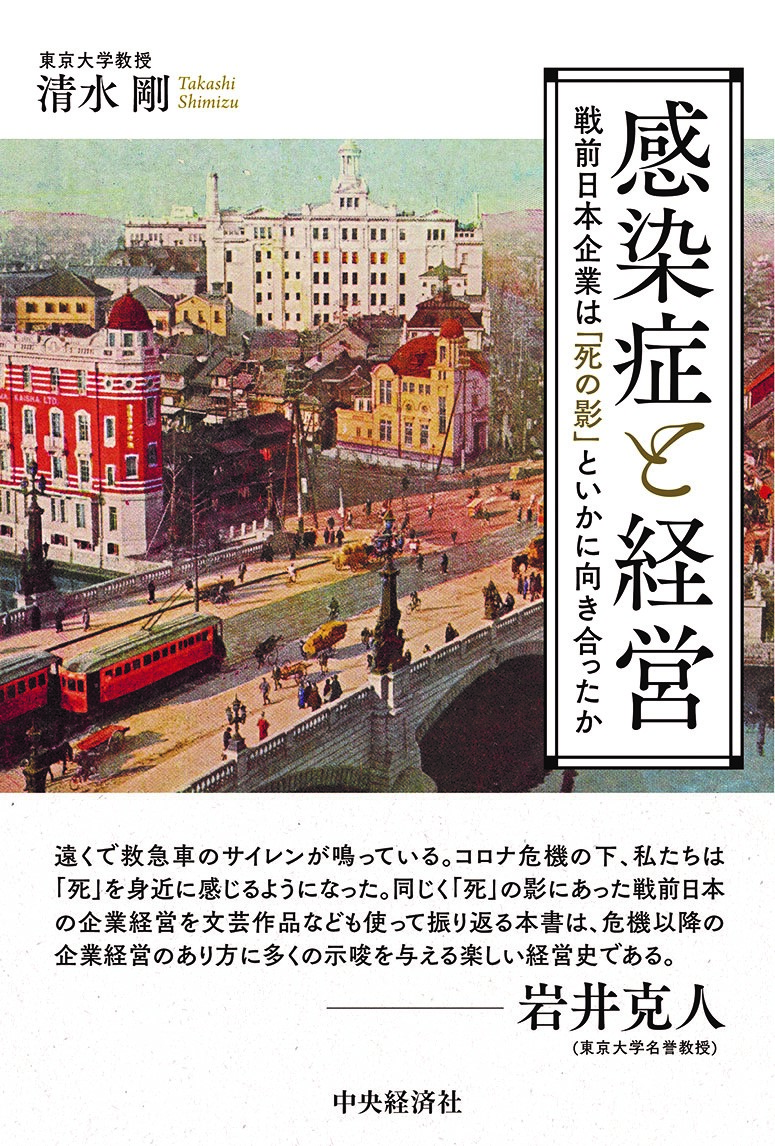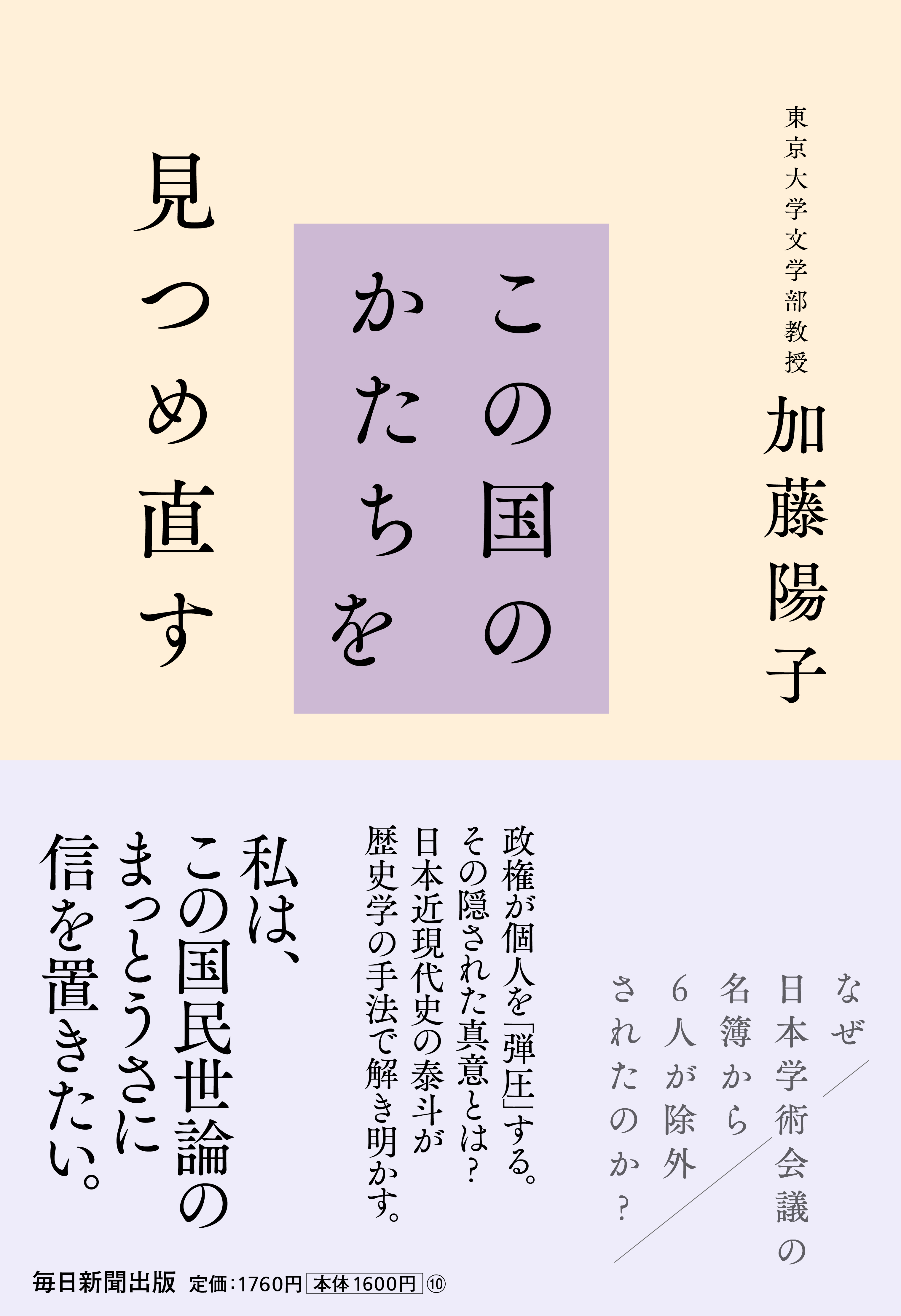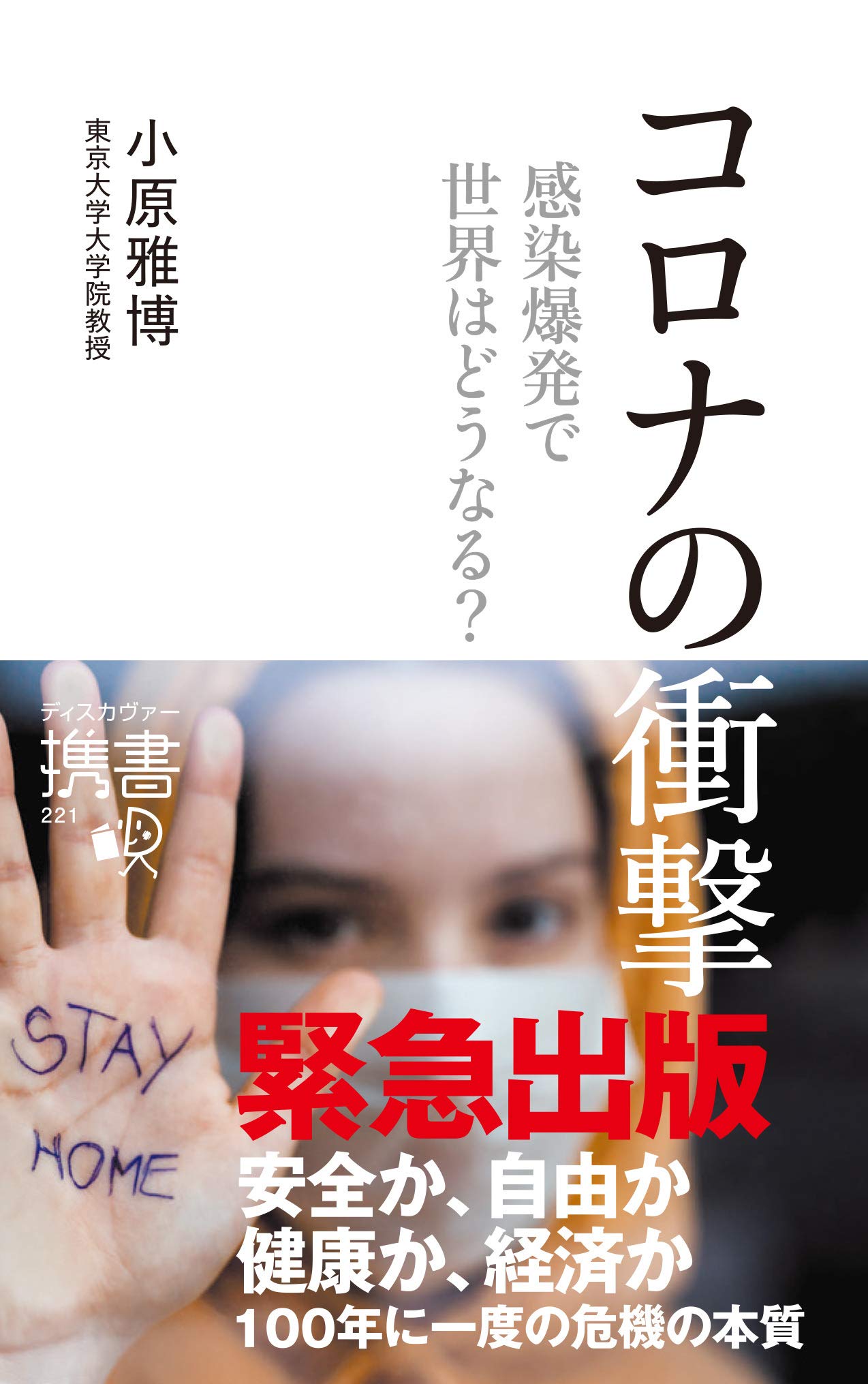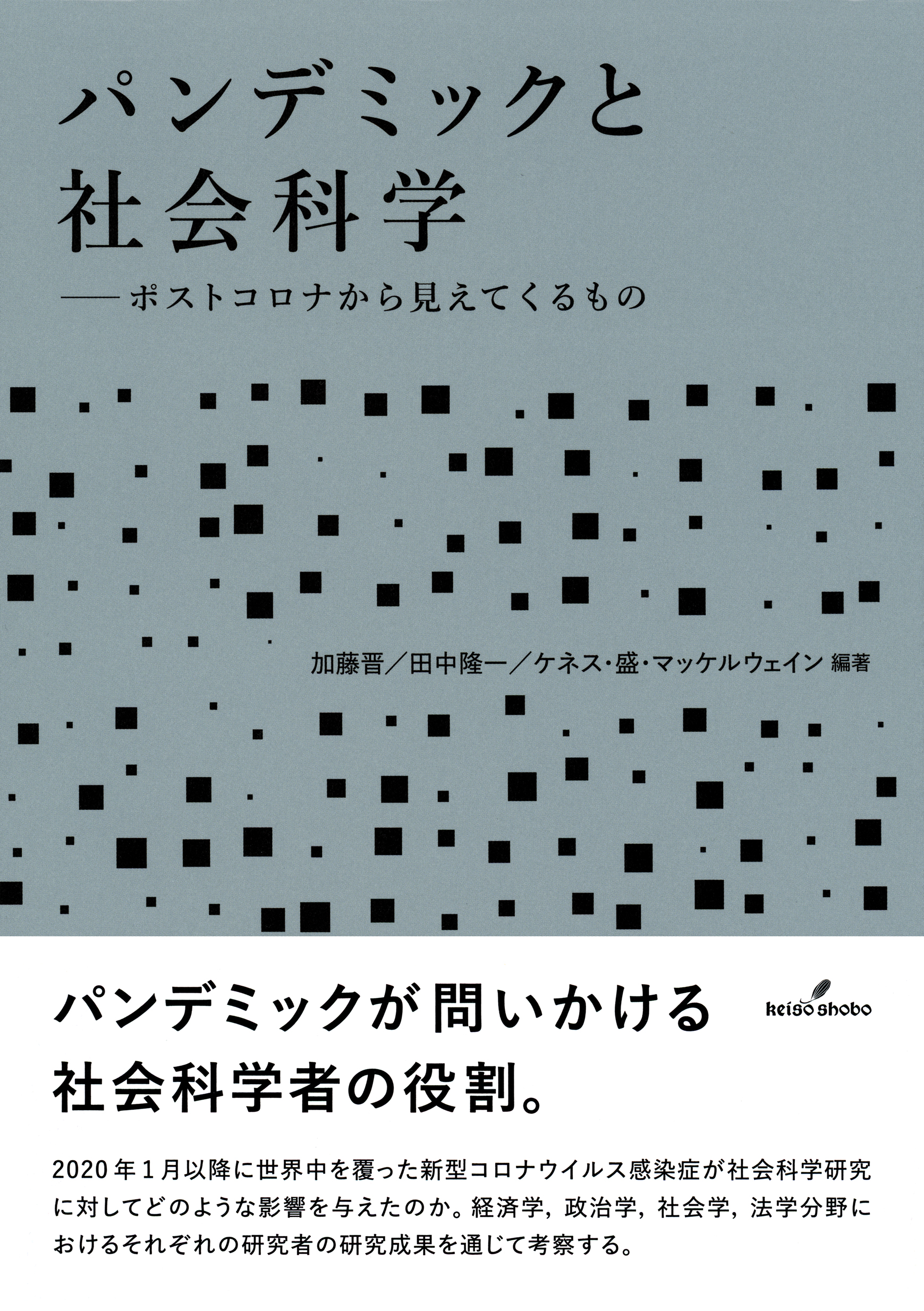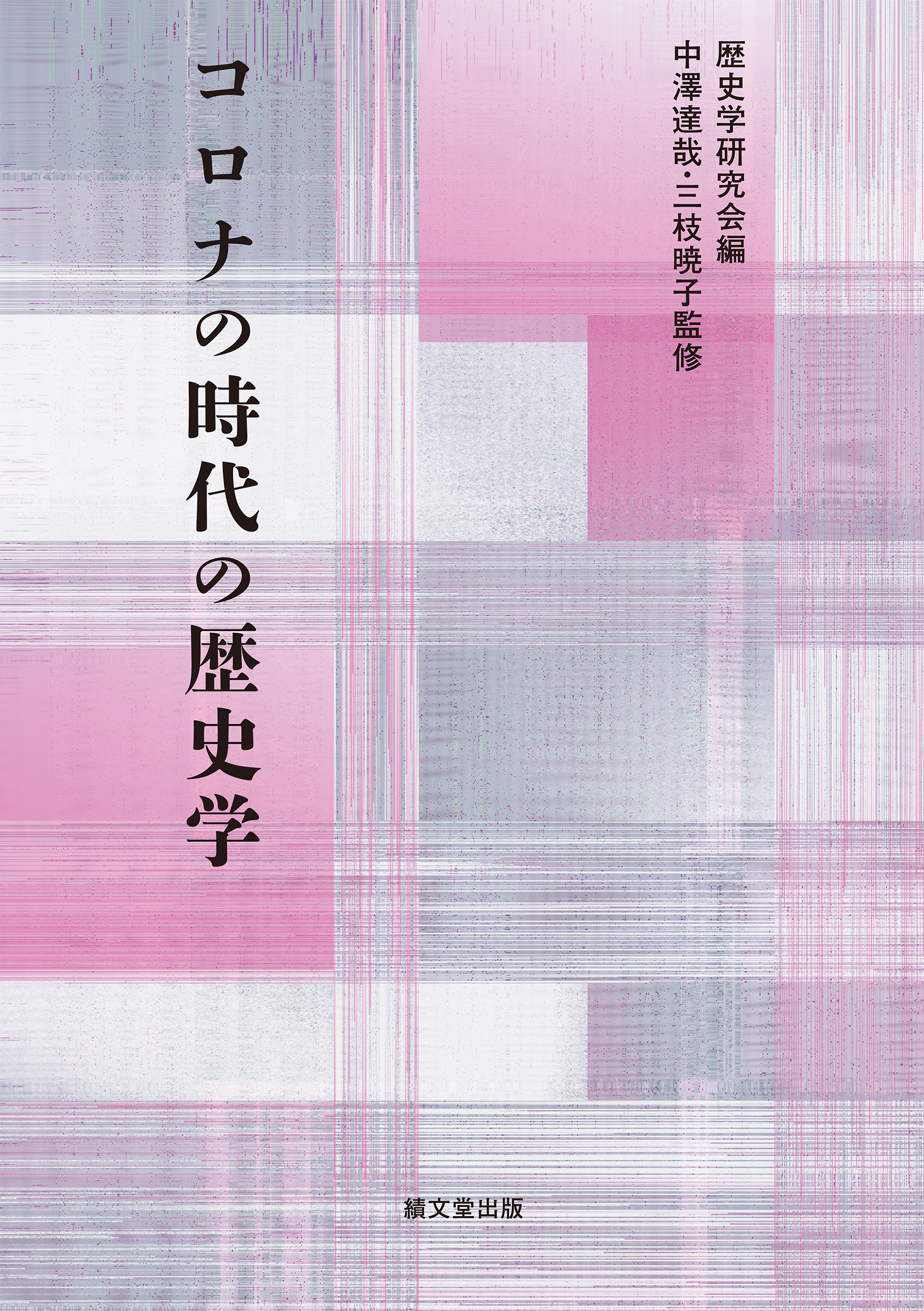
Title
Corona no Jidai no Rekishi-gaku (Historical Science in the Era of Covid-19)
Size
174 pages, A5 format, softcover
Language
Japanese
Released
December 10, 2020
ISBN
978-4-88116-136-4
Published by
Sekibundo
Book Info
See Book Availability at Library
Japanese Page
This volume was written by 16 historians about what we should learn from the past; how we should understand and recognize the current situation; and what prospects we should have for the future as we continue to face the Covid-19 pandemic, a major event comparable to the World Wars in terms of number of deaths.
The content of this volume is roughly divided into four sections: 1) drafts that delve into the history of infectious diseases, as well as related medical and public health issues (drawn from papers published by Iijima, Umihara, and Fukushi); 2) drafts that examine historical perceptions that need to be revisited in the wake of the current spread of infectious diseases, based on such perspectives as the development of neoliberalism, and the condition of democracy and the state (drawn from papers published by Ozawa, Nakazawa, Furuya, Kato, and Ikeda); 3) drafts that discuss the disparities, poverty, and discrimination that are exposed by infectious diseases (drawn from papers published by Mieda, Ishii, Kido, Imazu, and Odawara); and 4) drafts that introduce new approaches to "the practice of history" that are being explored due to the COVID-19 pandemic, such as the promotion of online classes and digital archives (drawn from papers published by Ohkado, Wakao, and Hojo).
It should be noted that many of the authors are not researchers who have studied infectious diseases and/or the history of medicine. Nevertheless, this book was ultimately completed because the researchers themselves feel that infectious diseases have a great influence on the state, society, economy, and culture. In other words, the spread of Covid-19 has served as a valuable opportunity to impress upon historians that the clarification of the history of infectious diseases is inseparably linked with the clarification of the history of the state, society, economy, and culture.
As mentioned in the Conclusion, this volume was compiled only two months after it was initiated and the authors selected. It was possible to publish this kind of work in such a short period of time only because each author was eager to reexamine the possible roles and potentials of historical science in the face of worsening infection situations and social conditions. “What kind of history will we make, and what kind of history will we leave, having experienced the Covid-19 pandemic?”
I hope that this book will lead many readers to think about creating a better future.
(Written by MIEDA Akiko, Associate Professor, Graduate School of Humanities and Sociology / 2021)



 Find a book
Find a book


